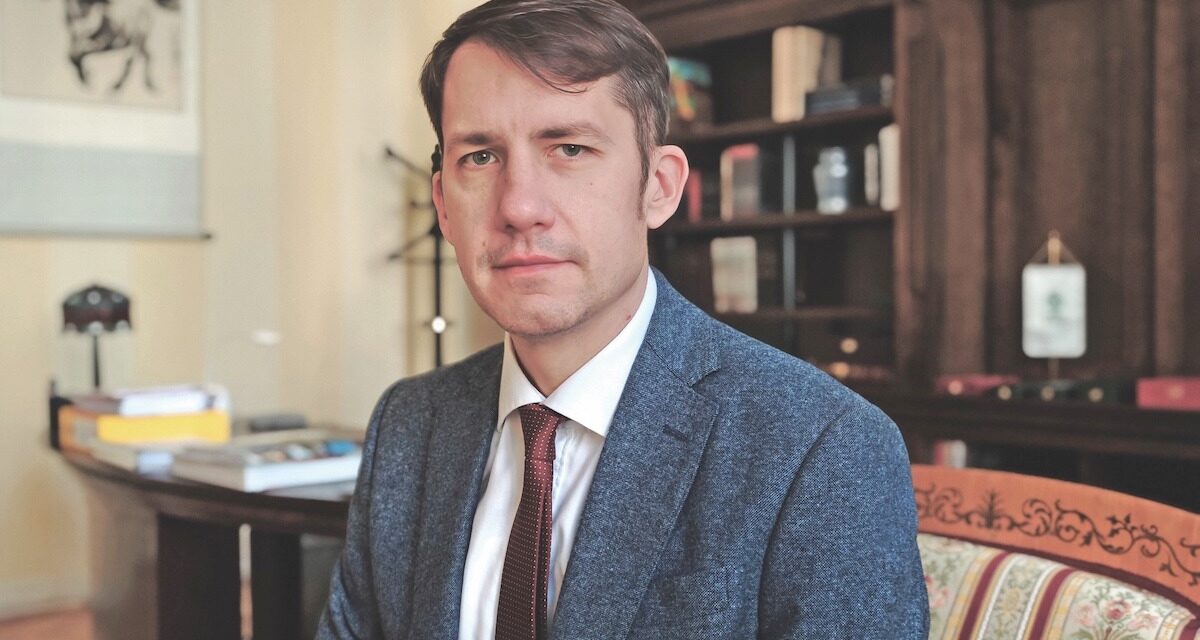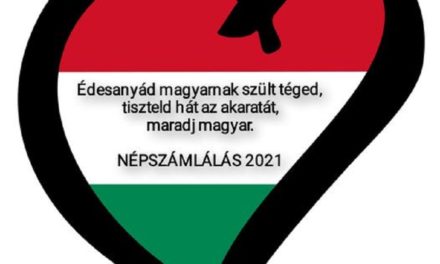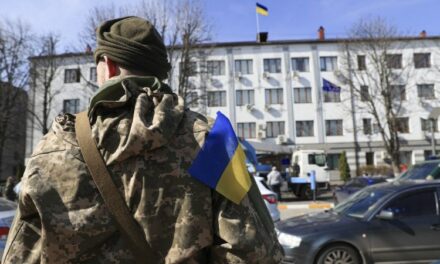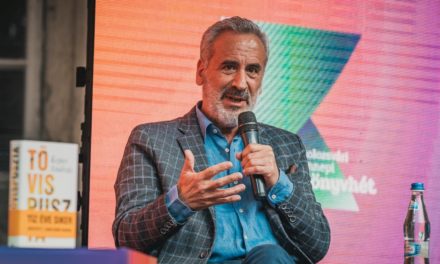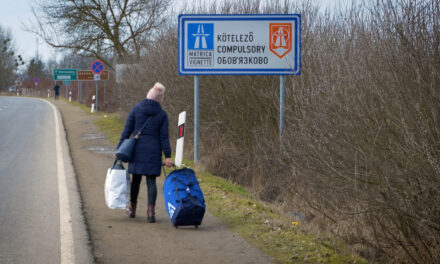The president of the VMSZ put it this way because early parliamentary elections are held in Serbia on average every two years.
Bálint Pásztor hopes for a calm, choice-free year 2025. The President of the Hungarian Association of Vojvodina expressed his confidence in his annual evaluation interview that the level of emotions in Serbia will decrease next year and that the country can have a calm year so that all the goals that were formulated during the election campaign a year ago can be realized.
The party chairman said this because early parliamentary elections are held in Serbia on average every two years, so the government does not have time to implement plans and ideas.
The last early election was held in Serbia on December 17, 2023. The Vojvodina Hungarian Association "performed well despite the incredibly difficult circumstances", won more than 64,000 votes, was able to increase the number of its members of parliament at the national level, and remained a stable force at the Vojvodina provincial level.
Compared to the 2022 early election, at the end of 2023, the largest Hungarian party in the southern region won about 4,500 more votes. According to Bálint Pásztor, one of the reasons for this is that his father, István Pásztor, the then president of the VMSZ, died shortly before the voting, and during the campaign they stated that they wanted to achieve a result that the late president would be proud of.
In addition, the politician believes that in recent years "the vast majority of members of the Vojvodina Hungarian community have realized that minority Hungarian interests can only be represented by a minority party".
Bálint Pásztor called the census data, according to which the number of Hungarians in Serbia has decreased by about 70 thousand in the last decade, shocking. According to him, the reason for this is, on the one hand, that "the effect of the forced conscriptions of the nineties has now set in", that is, the fact that many people fled the war. He pointed out that a similar thing can now be experienced in Transcarpathia.
„At the same time, our task is to fight for those who stayed at home on the one hand, (…) on the other hand, to do everything we can to ensure that those who left can return home and have something to return home to," he underlined.
He pointed out that 30 years ago, when the VMSZ was founded, it only dealt with issues important from the point of view of identity preservation and symbolic politics, but now infrastructure and economic development, as well as the improvement of living conditions, are just as important.
That is why they are doing everything to make the border as passable as possible, so that commuters (thousands of Vojvodina Hungarians who live in Vojvodina but work in Hungary, next to the border) can travel more easily, he added.
The politician continued: "if they are not forced to relocate because of the workplace, their children will still go to school at home, and then we will not lose them, the community will not lose these people."
Bálint Pásztor emphasized that "thanks to the Hungarian government, the implementation of the economic development plan of the VMSZ could continue this year in the management of the Prosperity Foundation, and this year alone this meant a non-refundable grant of 20.5 million euros for three calls for tenders". Thanks to this program, some people moved home, bought a house or started a business from it, explained the party president.
According to Bálint Pásztor, it is possible to prosper despite the difficulties experienced through emigration, bad demographic data, the war in Ukraine and joining the European Union, namely if the community closes together, if it can remain united, because in this case it can develop and survive in its home country and can remain competitive.
"The world will not become an easier place with the passage of time, that's for sure, but it is important that all those who want to prosper at home can do so thanks to the VMSZ's positions in the Hungarian government and the support of the Hungarian government," he stated.
Bálint Pásztor drew attention to the fact that with the historic reconciliation in 2013, one of the most positive periods in the history of Hungary and Serbia began.
He pointed out that fifteen years ago there were four road border crossings, now there are nine, Hungary and Serbia were each other's 17th foreign trade partner a decade and a half ago, now they are the fourth, and the biggest beneficiaries of all the development are the Hungarians of Vojvodina and the Serbians of Hungary.
He drew attention to the fact that Serbia only has a strategic cooperation council with Hungary, "and now there is concrete cooperation in the issues that are most important from the point of view of the functioning of states and the security of citizens, such as energy or national defense cooperation."
"The Hungarian community in Vojvodina will be a factor that can be measured and evaluated politically as long as it has strong political representation", stressed Bálint Pásztor.
He added that the VMSZ celebrated its 30th anniversary this year, and that the Hungarian community in Vojvodina "had to experience all difficulties in these 30 years".
"When I talk about the fact that the VMSZ was able to stay afloat, I mean that a lot of powerful parties have disappeared into the abyss of politics in recent decades, and the VMSZ still participates in the elections independently, and then builds equal partnerships after the voting, so it can the community also needs to stay on its feet," he elaborated.
"If the VMSZ were to weaken and collapse, our community would become politically defenseless, so it is important that we were able to remain strong thanks to the support of the community, and that we can reciprocate this on a daily basis by representing the issues that are important to the members of the community we know and we can make it a success", underlined the party president.
MTI
Cover photo: Bálint Pásztor, president of the Vojvodina Hungarian Association (VMSZ)
Source: Facebook/Dr. Shepherd Bálint

